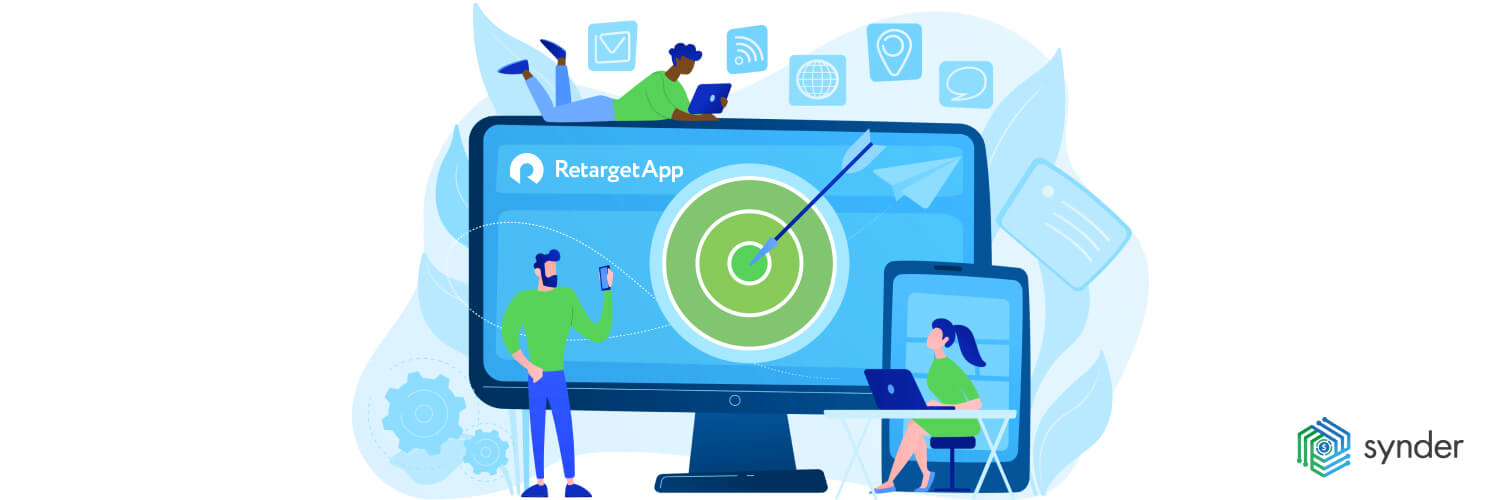Overview
When the Coronavirus Aid, Relief, and Economic Security Act, better known as CARES Act was introduced on March 27 2020, it was widely expected that it would help American businesses survive the economic outcome of the pandemic, at least temporarily.
The act was truly massive and covered changes and additional funding for healthcare (such as allocating $130 billion to the medical and hospital industries), and provided for a relief to businesses and organizations (largely through the $349 billion small-business loan program called the Paycheck Protection Program (PPP) and an expanded Small Business Administration’s Economic Injury Disaster Loans (EIDL)
It also included the funding for direct payments to individuals who make under $75,000 and married couples with a joint income less than $150,000.
Another big part of the act was the measures to provide $250 billion in funds for unemployment, including an extended unemployment insurance program and expanded eligibility that offers workers an additional $600 per week for four months, on top of what state programs pay.
It also included Tax credits, deferrals, and deductions (such as deferring payments of the employers’ share of social security tax for up to two years).
Today we wanted to look more closely specifically at the financial help currently available to businesses.
PPP and EIDL
Initial guidance on PPP was that the loan will be fully forgiven if the funds are used for payroll costs, interest on mortgages, rent, and utilities (due to likely high subscription, at least 75% of the forgiven amount must have been used for payroll). No collateral or personal guarantees are required. Neither the government nor lenders will charge small businesses any fees.
The regulation judges forgiveness based on the employer keeping or quickly rehiring employees and maintaining salary levels.
The initial funding for PPP and EIDL was exhausted after just 13 days of running the program.
On April 21 and 23, respectively, the Senate and House passed the Paycheck Protection Program and Health Care Enhancement Act to add $320 billion of funding to the PPP. President Trump signed the bill into law on April 24, 2020, which allowed the Small Business Administration to accept applications again on April 27.
The new supplement, issued by SBA has stated that a replenished program with an additional $310 billion in funding will set aside $60 billion of that amount for loans issued by community financial institutions and certain insured depository institutions and credit unions with limited assets.
This resumed program will continue until June 30, 2020, or until the funds are exhausted again.
- As of 5:00 p.m. EDT, Sunday, May 10, 2020, $188B of the additionally added $320B have been appropriated with an average loan size standing at $73,017 (stark difference to the $206,000 average in the first round, according to the SBA report released on April 16).
With regards to EIDL and EIDL advances of $10K currently the SBA is only accepting applications on a limited basis to provide relief to U.S. agricultural businesses.
State & Local Sponsored Resources
Many states and cities provide additional support to businesses, such as those listed below, that are currently available as of May 11, based on data available on their websites (subject to change at any given time).
- California – The California Infrastructure and Economic Development Bank (IBANK) is offering 95% guarantees on loans worth up to $1 million to small businesses in declared disaster areas. Applicants apply directly to participating lenders.
- Delaware – The Hospitality Emergency Loan Program (HELP) provides funds to some of the businesses and nonprofits in the state most significantly impacted by Coronavirus. It will make no-interest loans of up to $10,000 per business per month available to eligible businesses in the hospitality industry.
- Illinois – Suburban Cook County will fund offers one-time, zero-interest loans of up to $20,000 for small businesses (with fewer than 25 employees and less than $3 million in revenue), and $10,000 for independent contractors (who have at least half of income from 1099 contract work and less than $100,000 in gross annual income). Program details are in the process of being finalized.
- Maine – The Finance Authority of Maine (FAME) has two relief programs for eligible businesses who experience hardships due to COVID-19. The COVID-19 Relief Interim SBA Loan Program and Relief Direct Loan Program are aimed at providing relief to Maine small businesses.
- New York -The Alliance for Downtown New York has established a small business rental assistance grant program, which will provide $10,000 each for businesses to help offset monthly rental costs. To qualify, businesses must be providing an “essential” service as defined by Governor Cuomo on March 22, along with several additional pieces of criteria that can be viewed here. Businesses can apply starting Friday, May 1 at 9:00am ET. Click here to apply.
- Seattle and Bellevue – Amazon.com’s Neighborhood Small Business Relief Fund is making grants of unspecified amounts to service and retail businesses in two Seattle neighborhoods and Bellevue, Wash. Businesses must have fewer than 50 employees or less than $7 million in annual revenue. The tech giant is allocating “an initial $5 million,” as per their FAQ page.
Other sources
Around 23 million small businesses in the US have no employees, they are sole proprietors. They are among those hit the hardest, because they had almost no chance to get PPP or qualify for unemployment.
They or other businesses could find support in some of these small grants provided by large companies and available for small businesses.
- Red Backpack
The Red Backpack Fund is providing free grants of $5,000 each to help female entrepreneurs in the U.S. The first two rounds have closed, but they will start accepting applications for its third round on June 1st.
- Verizon
The Verizon Small Business Recovery Fund is providing free grants of up to $10,000 to small businesses, “especially entrepreneurs of color, women-owned businesses and other enterprises that don’t have access to flexible, affordable capital in historically underserved communities”. These grants are intended to “help small businesses fill urgent financial gaps until they can resume normal operations or until other more permanent financing becomes available”. Applications for round 2 are now closed. The next round will open on May 14th.
- Otto Bremer Trust
(OBT) has established a $50 million emergency fund through its Community Benefit Financial Company (CBFC) subsidiary to provide financial support to Minnesota, Wisconsin, North Dakota, and Montana nonprofits and other community organizations impacted by and responding to the pandemic. The CBFC Emergency Fund is designated for emergency requests only and is separate from OBT’s normal grantmaking process.
- Uber Eats
Uber is pledging 10 million free rides and deliveries of food for frontline healthcare workers, seniors, and people in need around the world by, for example, waiving the Delivery Fee for the more than 100,000 independent restaurants across US and Canada on Uber Eats and delivering free meals to first responders and healthcare workers.
Many of the currently listed options may be exhausted shortly, so you are highly encouraged to act in a responsible and swift manner in order to receive the help you need. Hopefully, these insights will help by providing a sense of direction.
Were you able to receive any federal, state or private financial support? Let us know by commenting about your experience, which can be very helpful to fellow entrepreneurs coping with the crisis.

%20(1).png)





